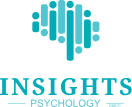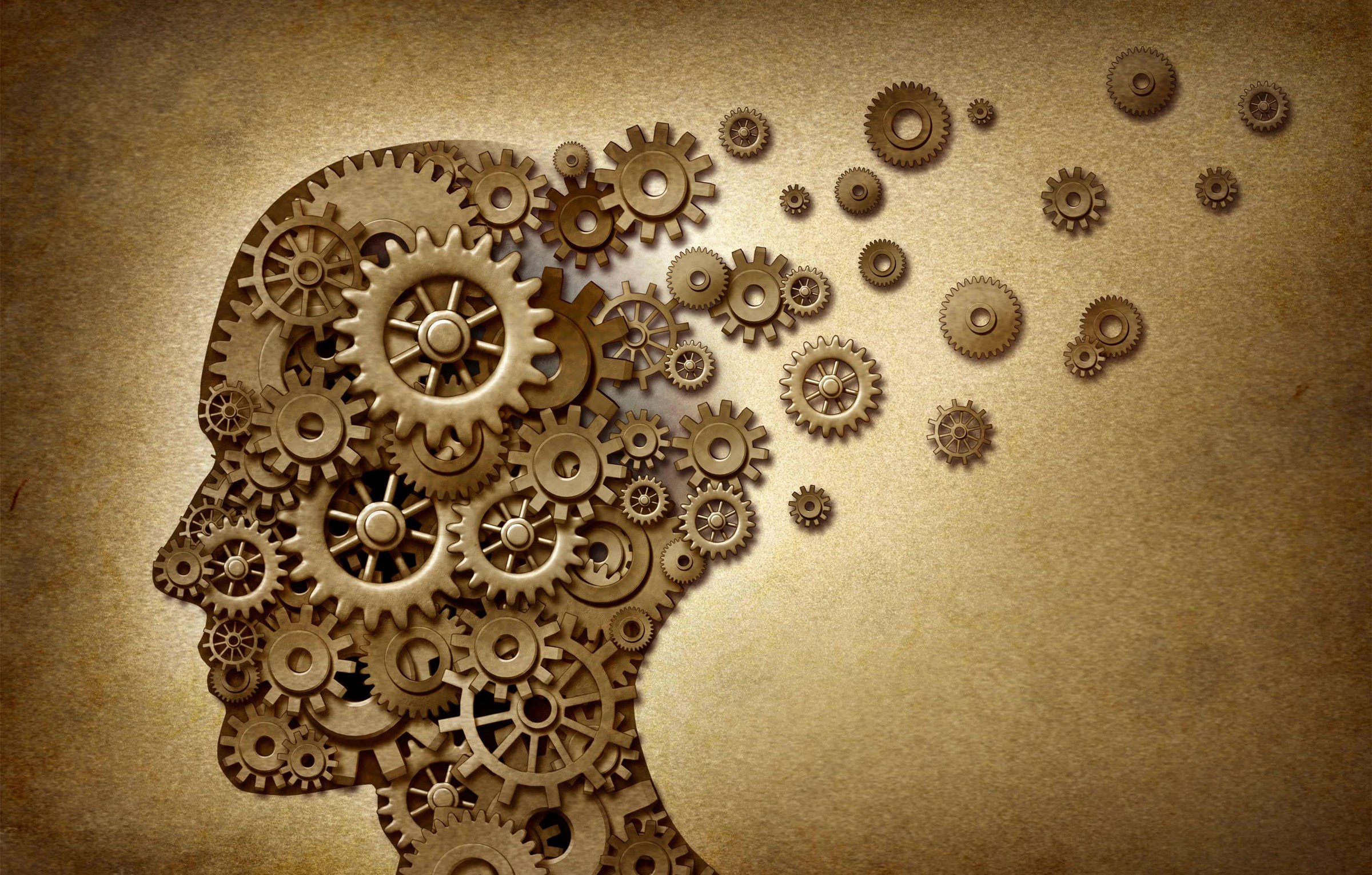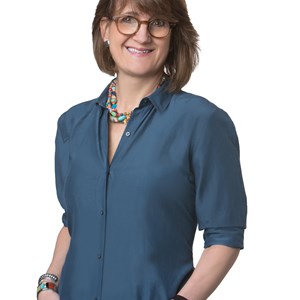Course Details: To Infinity and Beyond: Preparing Adolescents to Launch into the Real World
Adolescence. Developmentally, this time is called the transition to adulthood, and we as teams develop plans, outline trajectories, and write goals to facilitate the process. We teach the importance of both academic and social skills, but at the end of the day it's not uncommon to hear, "No thanks, I'm just gonna design video games so I don't really need to learn that other stuff." No matter where we travel around the globe, we answer similar questions about helping teens transition from childhood to young adulthood. Parents and professionals welcome information on realistic planning and preparation to guide our students to better prepare for the social demands of the adult world. This transition can overwhelm individuals born to social learning challenges, even if they are considered bright and have solid to strong language skills (e.g., ASD level 1 & 2, ADHD, twice exceptional, learning disabilities, nonverbal learning disabilities, specific language impairment, sensory dysregulation, etc.). This course focuses on helping parents and professionals (including teachers, counsellors, psychologists, speech-language pathologists, etc.) prepare for—and respond to—this transition. Specifically, we will relate research-based concepts to an exploration of the more nuanced expectations that come with the emergence into adulthood and the strategies to help individuals develop a more mature social mind set. All information draws from peer-reviewed published research but is translated into hands-on strategies, clear frameworks, and concepts to explore and discuss. The goal of this course is to help all parents and professionals develop a larger toolkit to better assist students to learn about their own executive functioning, sharpen their perspective taking, and begin to manage their own social lives. We focus on the fact that a successful treatment* program is one that helps the student achieve his or her own goals. This course receives stellar reviews!
*Treatment refers to using conceptual and strategy-based frameworks to help individuals improve their social thinking, skills, and competencies.
Aim of the Course:
Helping an adolescent on the spectrum navigate the challenges associated with transitions to real life and university.
Outcomes of the Course Participants will be able to:
• Describe how to use the Learning Strengths and Weaknesses visual guide to encourage conversations about treatment* direction with older students and adults.
• Describe two (2) or more types of situational conformity and the importance of executive functioning in meeting our social goals.
• List at least four (4) stages in the Levels of Independence that are needed to manage oneself in late adolescence and young adulthood.
• Describe three (3) or more behavioural and learning characteristics of individuals who are Resistant/Self-Protective Social Communicators.
• Explain how teaching students/clients to develop their own public relations campaign can teach social interpretation (input) and encourage social skills (output).
• Explain the difference between teaching approachability and teaching friendship skills.


 Michelle Garcia Winner
Michelle Garcia Winner